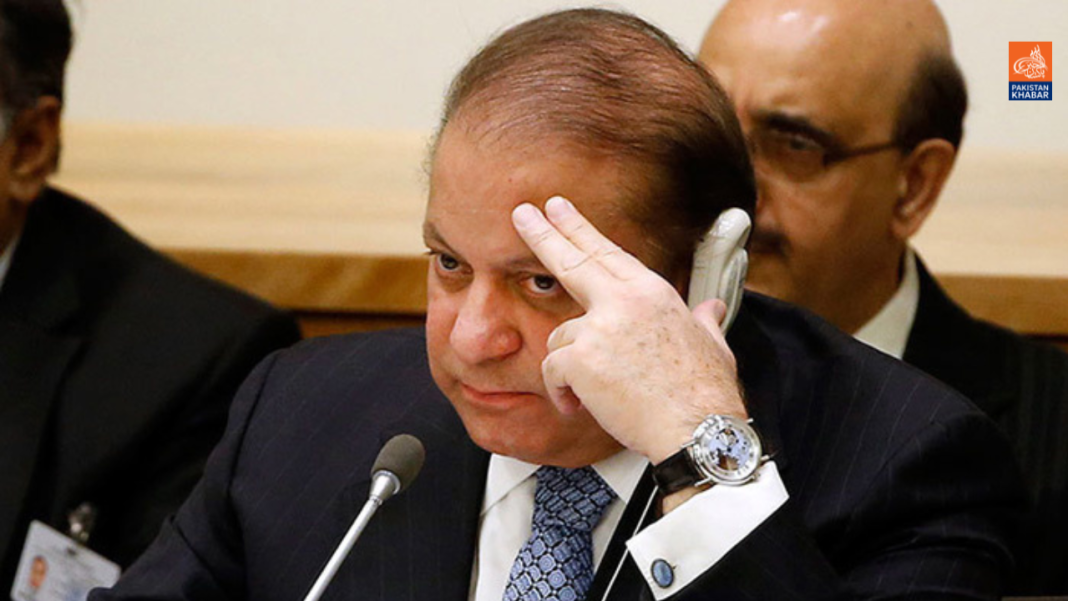A strategic move by the PML-N government in Punjab, seemingly aimed at bolstering its support base in the province, has put the fragile coalition government led by Prime Minister Shehbaz Sharif to the test.
The decision has drawn criticism not only from the opposition PTI but also from the PPP and MQM-Pakistan—both of whom are allies of the PML-N at the federal level. Sindh Chief Minister Murad Ali Shah condemned the move as “foolish,” warning it would exacerbate the sense of deprivation in Sindh.
Before CM Murad’s comments, MQM’s Mustafa Kamal urged the Prime Minister to extend similar relief across the entire country. In response, Punjab CM Maryam Nawaz defended the subsidy, stating it was funded by the provincial government and urged the Sindh government to focus on reducing electricity bills instead of criticizing her efforts.
However, both allies and opponents doubt that the Punjab government alone will bear the full cost. Given that electricity is a federal matter, they suspect that the federal government might be involved in the scheme announced by PML-N President Nawaz Sharif last week. PPP leader Qamar Zaman Kaira called for clarity on who will actually finance the subsidy.
Expressing skepticism that the measure would be funded solely by Punjab, Kaira pointed out that if it were a Punjab-specific initiative, Chief Minister Maryam Nawaz would have announced it instead of Nawaz Sharif.
Similarly, PTI leader Shaukat Basra urged PM Shehbaz Sharif to lower electricity prices nationwide instead of allowing his elder brother to make province-specific declarations. He questioned why Nawaz Sharif could announce a Rs14 per unit reduction exclusively for Punjab, leaving other provinces without similar relief.
On Tuesday, the Prime Minister dismissed the criticism, reiterating that it was a Punjab government initiative and that other provinces could implement similar measures. He clarified that the federal government would not finance the subsidy, contrary to what critics have claimed.
Nevertheless, PPP’s Kaira suggested that while the PPP government in Sindh could consider such a move, the federal government needed to address the issue since it falls under its jurisdiction.
Interestingly, the Punjab finance minister recently stated that the actual cost of the subsidy was Rs90 billion, with about half expected to be covered by the federal government.
Political observers were unsurprised by the Punjab-only subsidy. Nawaz Sharif’s announcement indicates his return to focusing on Punjab, likely believing that offering financial relief there could help him regain political support in his home province.
Political commentator and journalist Badar Alam noted that Nawaz Sharif’s focus on Punjab is neither new nor unexpected, given that he cannot hope to rebuild his declining political fortunes in other parts of Pakistan without first securing support in Punjab.
Alam argued that the relief amount is minimal and will only provide temporary assistance for a couple of months. For perspective, dividing Rs45 billion among Punjab’s entire population results in just Rs350 per person—a small amount unlikely to win back significant political support.
Alam also observed that while Sindh, unlike KP and Balochistan, might have the financial capability to match the subsidy, the ruling party in Sindh faces other constraints. In particular, Karachi, the province’s largest block of power consumers, is served by a private power company regulated by the federal government, and the remaining consumers are grappling with more pressing issues like load-shedding for nearly half the day.
Economist Khalid Mahmood Rasool described the Rs14 per unit relief as an “unsustainable game of optics,” labeling it a politically motivated move that sacrifices long-term solutions for short-term gains. He urged the government to focus on reducing its expenses rather than cutting development funds for political advantage.
Rasool likened the initiative to previous short-term measures like Ramazan Bazaars and wheat flour schemes, predicting it would fail to bring any lasting change for people already struggling under the weight of soaring inflation.
Alam concluded that Nawaz Sharif, given his experience and stature, should have taken steps that would benefit people across the entire country, rather than limiting the relief to Punjab.




